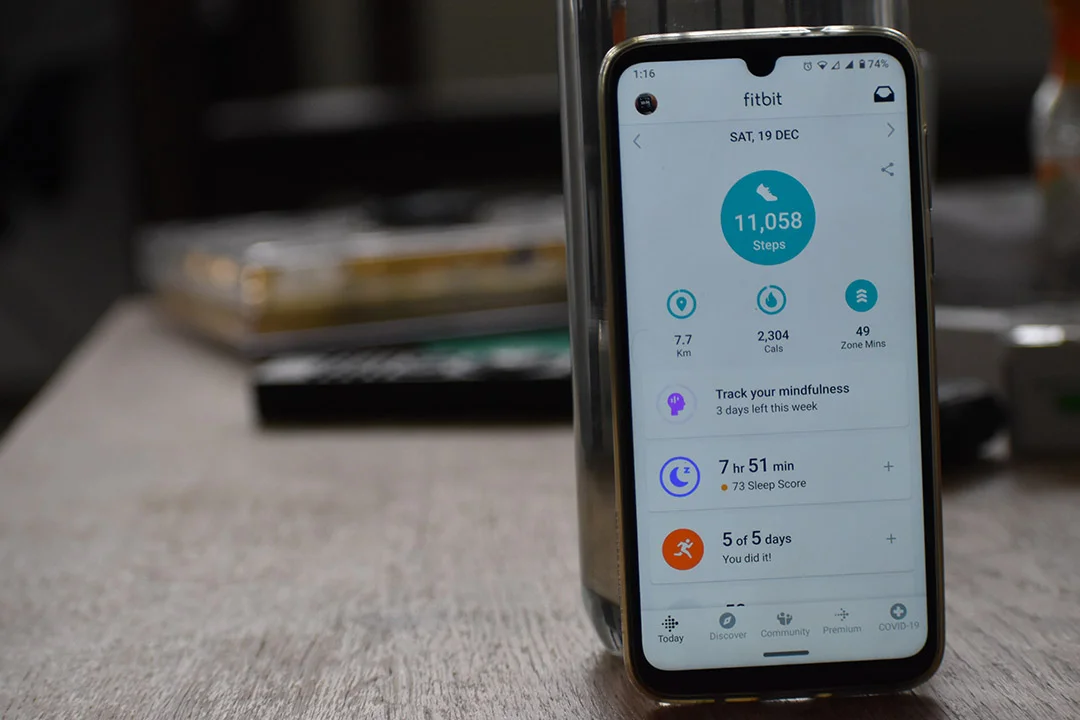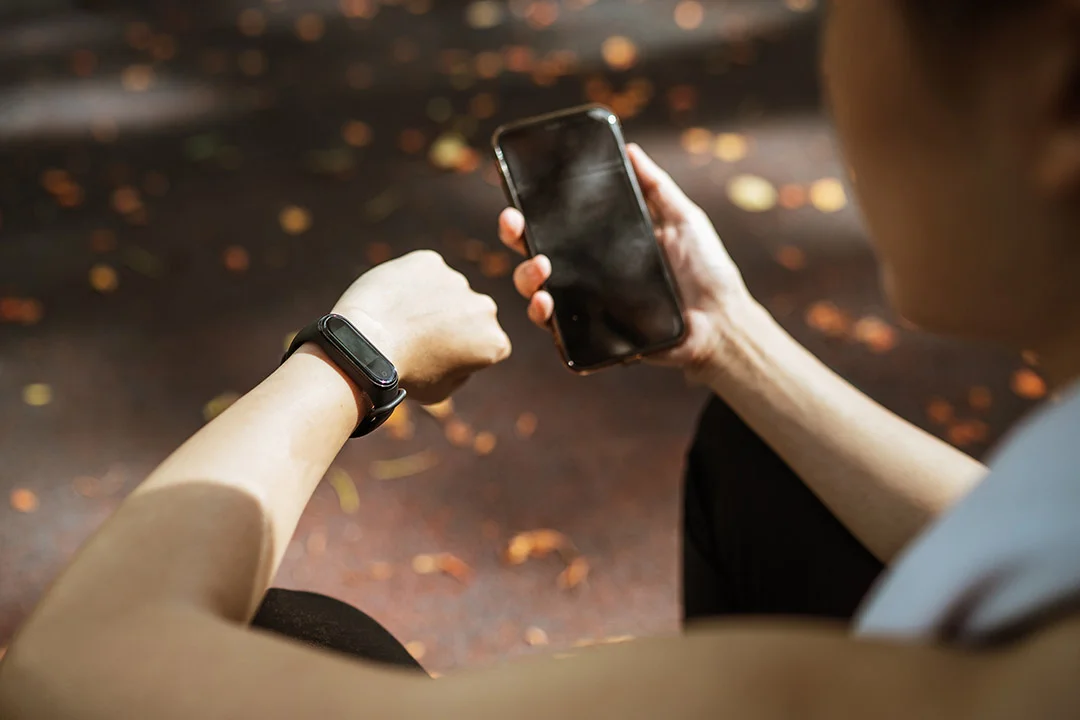The Rise of Wearable Technology: How Mobile Connectivity is Changing the Way We Monitor Our Health

Mobile connectivity has revolutionised the way we live, work, and communicate. One of the most significant impacts of mobile connectivity has been on the healthcare industry, where it has made it easier and more convenient for individuals to monitor their health and manage their well-being. From health tracking apps to wearable devices and telehealth services, here are the four ways in which mobile connectivity is changing the way we monitor our health.
4 ways mobile connectivity is changing health monitoring.
Health Tracking Apps
Health tracking apps are perhaps the most common and widely used form of mobile health technology. These apps allow users to monitor their physical activity, sleep patterns, heart rate, blood pressure, and other health metrics using the sensors built into their smartphones. Many of these apps also offer personalised recommendations and tips to help users improve their health and achieve their fitness goals.
Apple Health, Samsung Health, Mi Fitness, Fitbit, and Google Fit are among the most well-liked health tracking apps. These apps utilise sensors and data analysis algorithms to offer users valuable insights into their health and well-being, enabling them to establish goals, monitor progress, and receive alerts and notifications based on their activity levels, sleep patterns, and other health metrics.
Wearable devices
Wearable devices such as fitness trackers and smartwatches are another popular form of mobile health technology. These devices use mobile connectivity to sync with smartphones and other devices, allowing users to track their physical activity, sleep, and other health metrics in real time. Wearable devices are particularly popular among fitness enthusiasts, athletes, and people who are looking to improve their overall health and well-being.
Some of the most popular wearable devices include Fitbit, Garmin, Motiv, Apple Watch, and Samsung Galaxy Watch. These devices can track a wide range of health metrics, including heart rate, sleep patterns, steps taken, calories burned, and more. Wearable devices also can notify and alert users if certain health metrics fall outside of normal ranges, which can help them take action to address any potential health issues.
Telehealth
Mobile connectivity has also enabled telehealth services, which allow patients to consult with healthcare providers remotely via video conferencing or other communication tools. Telehealth services can be particularly useful for people in remote or rural areas, or for those who have difficulty traveling to a healthcare provider's office. Telehealth services can also be used for follow-up appointments, medication management, and other routine healthcare tasks.
Doctor2U, DoctoronCall, and BookDoc are among the commonly used telehealth services in Malaysia. They enable patients to easily connect with healthcare providers via their smartphones or other mobile devices, offering a convenient and accessible way to access healthcare services from anywhere.
Health data sharing
Mobile connectivity also makes it easier to share health data with healthcare providers and other caregivers. Patients can use apps or other tools to securely transmit health data to their healthcare providers, which can help providers make more informed decisions about the patient's care. This can also help to reduce healthcare costs and improve patient outcomes by enabling healthcare providers to deliver more personalised care.
In summary, mobile connectivity has the capability to transform healthcare by enhancing accessibility, convenience, and personalisation. From health tracking apps to wearable devices and telehealth services, mobile health technology has revolutionised the way we monitor our health and manage our well-being. By empowering individuals to take a more active role in their own health and share data with healthcare providers, mobile health technology is driving positive changes in the healthcare industry and promoting better patient outcomes.
It is important to note that technology is not a substitute for a healthy lifestyle. While mobile health technology can provide valuable insights into our health, the best way to stay healthy is by adopting healthy habits such as regular exercise, eating a balanced diet, getting enough sleep, reducing stress, and avoiding unhealthy behaviors like smoking and excessive drinking. By making healthy choices and using mobile health technology to complement our lifestyle, we can take control of our health and enjoy a better quality of life.


